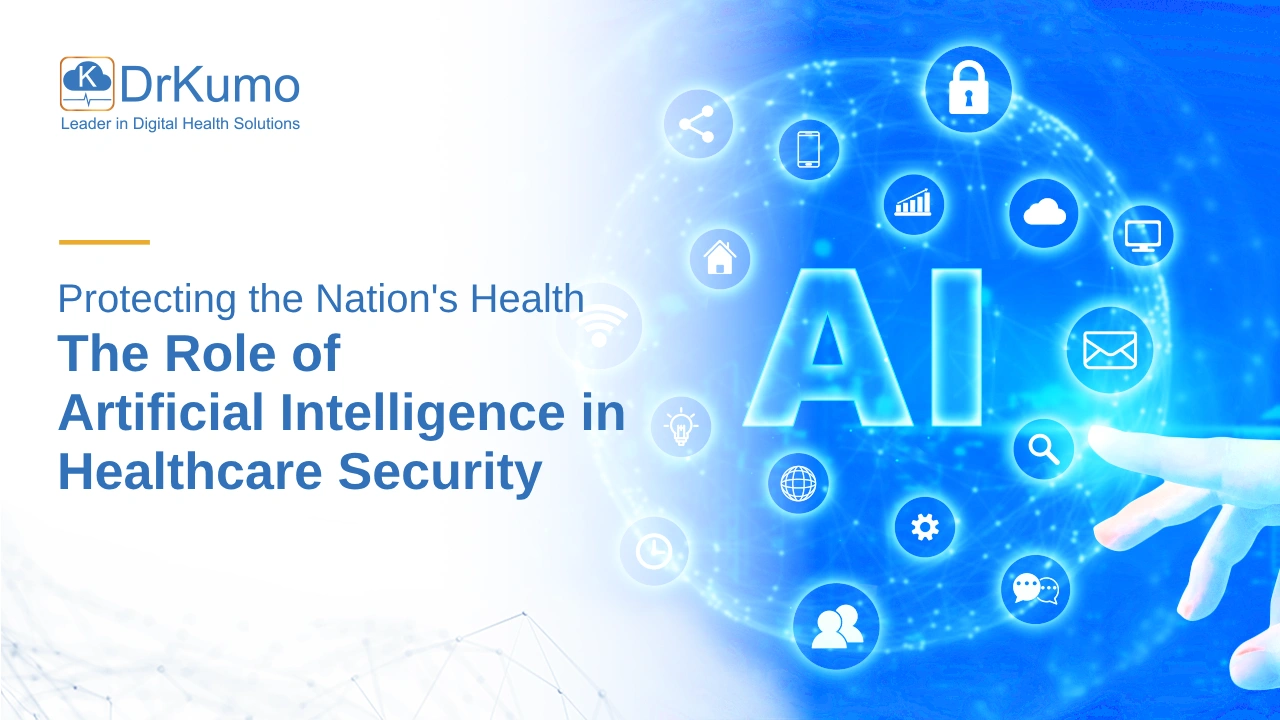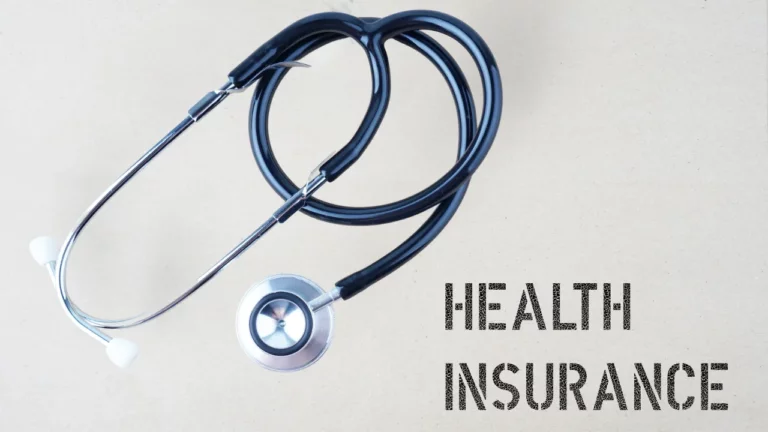As healthcare systems become increasingly digitized, the protection of sensitive patient data and critical infrastructure has emerged as a paramount concern. Artificial Intelligence (AI) stands at the forefront of this battle, offering innovative solutions to bolster cybersecurity measures within the healthcare sector. From electronic health records to networked medical devices, healthcare technology has become more interconnected, thereby expanding the attack surface for cybercriminals.
Consequently, there is a growing need for intelligent security mechanisms that can adapt to evolving threats. AI’s ability to analyze vast amounts of data in real time gives it a distinct advantage over traditional security approaches. As the healthcare industry continues its digital transformation, the integration of AI into cybersecurity strategies is no longer optional—it is essential.
The Escalating Threat Landscape in Healthcare
Healthcare organizations are prime targets for cybercriminals due to the vast amounts of sensitive data they handle. In recent years, there has been a significant uptick in cyberattacks targeting health insurers, hospitals, and clinics. For instance, a report highlighted that cyberattacks against healthcare providers in Australia are on the rise, with foreign entities increasing cyber espionage for medical research data. Implementing robust security measures, including those informed by data gathered through remote patient monitoring in chronic care management settings, is crucial.
Globally, the healthcare sector has seen a 50% year-over-year increase in the number of cyberattacks. These breaches not only threaten patient privacy but also disrupt critical services, potentially endangering lives. Ransomware attacks, in particular, have become more frequent, with attackers demanding millions of dollars in exchange for data decryption keys.
As of March 19, 2025, the 734 large healthcare data breaches reported to the OCR represented a modest 1.74% decrease from 747 in 2023. However, 2024 witnessed an unprecedented 64.1% surge in breached healthcare records, reaching a record 276,775,457 – impacting 81.38% of the 2024 U.S. population. Breach in healthcare costing millions, underscoring the need for secure systems that can handle data generated from sources like remote patient monitoring used in chronic care management.
AI’s Pivotal Role in Enhancing Healthcare Cybersecurity
Advanced Threat Detection and Prevention
Traditional security measures often fall short in detecting sophisticated cyber threats. AI systems can significantly enhance proactive threat detection by identifying patterns and anomalies. According to VirusTotal, which analyzed millions of malware samples, AI-based systems detect approximately 70% more malicious scripts than traditional signature-based tools. This heightened detection capability significantly narrows the timeframe in which attackers can exploit vulnerabilities, as AI flags threats far earlier than human review alone.
AI systems can enhance threat detection over time by continually integrating new threat intelligence and updating their models based on emerging patterns under human oversight and guided retraining. Additionally, AI systems can monitor user behavior to detect unusual access patterns, helping to prevent insider threats. By cross-referencing inputs across multiple data sources, AI can pinpoint weak spots in the system that human analysts might miss. This leads to a more resilient and dynamic security posture across healthcare networks.
Predictive Analytics for Proactive Defense
AI’s predictive capabilities allow healthcare organizations to anticipate potential cyber threats. According to Emerj Artificial Intelligence Research, AI-driven threat intelligence platforms can predict cyberattacks with up to 85% accuracy, allowing organizations to proactively strengthen their defenses before threats materialize. These systems analyze historical data and real-time indicators to forecast future vulnerabilities. This enables security teams to act before a threat materializes, shifting from a reactive to a proactive defense strategy.
Predictive analytics can significantly enhance the capability to prioritize security resources by identifying the most likely targets and attack vectors. For example, an AI model may detect that certain departments, such as radiology or billing, are more frequently targeted. With this insight, organizations can allocate additional protections and training to those areas. Ultimately, predictive analytics enhance operational efficiency by reducing downtime and mitigating the impact of potential breaches.
Automated Incident Response
In the event of a security breach, AI can automate responses, reducing the time taken to mitigate threats. According to industry-wide data from Capgemini and IBM, organizations that implement AI in their cybersecurity operations see a 53% faster threat detection time, based on Capgemini’s finding that over 60% of firms achieve at least a 5% reduction in detection times (many falling in the 5–10% range), and realize an average cost savings of USD 3.81 million per breach, as reported by IBM’s Cost of a Data Breach Report. Automated incident response systems can isolate affected devices, block malicious IP addresses, and notify administrators within seconds. This rapid containment reduces the spread of malware and minimizes damage.
Furthermore, AI-driven systems maintain a log of each incident, which aids in forensic analysis and compliance reporting. These logs provide valuable insight into attack vectors, enabling organizations to adjust their security policies accordingly. Automation also reduces the burden on human security teams, allowing them to focus on complex decision-making and strategy. By leveraging AI in this way, healthcare providers can maintain continuity of care even during a cyber incident.
Enhanced Access Control and Identity Verification
AI systems can manage user access to patient data by automatically granting or revoking access based on predefined rules, improving access control. According to research published on ResearchGate in The Evolution of Identity Security in the Age of AI: Challenges and Solutions, AI-driven biometric technologies—such as facial recognition and behavioral biometrics—have demonstrated improvements in authentication success rates of up to 88%. These findings reflect results from specific implementations rather than broad industry-wide averages. Facial recognition, voiceprint analysis, and behavioral biometrics are now being used to verify identity in real time. This multilayered approach significantly reduces the risk of unauthorized access to sensitive information.
AI can also detect and flag suspicious login attempts, such as those from unusual geographic locations or outside standard working hours. When a potential threat is detected, the system can require additional verification or lock the account temporarily. Healthcare organizations can customize these protocols to align with their operational needs and compliance requirements. This ensures that only authorized personnel have access to critical patient data, thus upholding privacy and security standards.
Challenges in Implementing AI in Healthcare Security
High Implementation Costs
The initial investment for AI technologies can be substantial. A survey indicated that 36% of healthcare organizations cited the cost of AI technologies as a major concern. Licensing software, training personnel, and upgrading infrastructure all contribute to the financial burden. Smaller clinics and rural health providers often lack the resources to invest in cutting-edge AI systems. This creates a disparity in security readiness across different segments of the healthcare industry.
Governments and private stakeholders must explore funding mechanisms to bridge this gap. Additionally, demonstrating return on investment can be challenging, especially when benefits are long-term or preventative. Overcoming these financial barriers is crucial for widespread adoption of AI.
Integration with Existing Systems
Integrating AI systems with existing healthcare software can be complex, often leading to compatibility issues and delays in adoption. Legacy systems may lack the interoperability needed to support AI applications. Healthcare IT teams must often reconfigure or replace outdated components, which can disrupt clinical operations.
Moreover, ensuring data integrity during system migration is a critical concern. Integration efforts must also address varying compliance requirements across regions and platforms. Successful implementation requires careful planning, staff training, and robust testing environments. Vendor support and ongoing technical maintenance are essential to ensure AI tools function effectively within the existing ecosystem. Without proper integration, the potential benefits of AI may remain underutilized.
Data Privacy and Ethical Concerns
AI systems require vast amounts of data, raising concerns about patient privacy. Even anonymized data can sometimes be re-identified, posing risks to patient confidentiality. As AI systems become more autonomous, ethical concerns about transparency and accountability also arise. Patients and clinicians alike may question how decisions are made and whether biases exist in the algorithms.
Furthermore, regulatory frameworks such as HIPAA and GDPR mandate strict controls on data usage and storage. Ensuring compliance while leveraging AI’s full potential is a delicate balance. Healthcare providers must implement strong encryption, access controls, and audit mechanisms. Ongoing oversight by ethics committees and data governance boards can help maintain trust in AI-driven healthcare solutions like DrKumo Digital Health Solutions.
Regulatory Landscape and the Need for Global Standards
Regulatory frameworks are evolving to address the challenges posed by AI in healthcare. The FDA has released its “Artificial Intelligence and Machine Learning Software as a Medical Device Action Plan,” aiming to provide guidance on AI technology regulations. However, the lack of international consistency in laws and standards poses a challenge for multinational healthcare providers. Different countries have varying definitions of data ownership and consent.
A harmonized regulatory environment would facilitate cross-border collaboration in medical research and cybersecurity. Industry leaders and policy makers must work together to establish unified frameworks that prioritize patient safety and innovation. Collaboration with academic institutions and global cybersecurity coalitions can also drive ethical and technical standards. The creation of certification systems for AI tools in healthcare may further ensure trust and transparency.
DrKumo Digital Health Solutions: Leveraging AI for Enhanced Security and Patient Trust
While the article focuses on the broader role of artificial intelligence in healthcare security, DrKumo Digital Health Solutions integrates AI to fortify the security and integrity of its remote patient monitoring platform. By employing AI-powered analytics, DrKumo proactively monitors and identifies potential security vulnerabilities and unusual activity within its remote patient monitoring platform.
These capabilities support DrKumo’s continuous efforts to enhance protection for sensitive patient data, maintaining compliance with healthcare privacy and security standards. This commitment to robust security measures is paramount in maintaining the trust of both patients and healthcare providers.
Takeaways
Artificial Intelligence is revolutionizing healthcare cybersecurity, offering advanced tools for threat detection, predictive analytics, and automated responses. While challenges in implementation and ethical considerations persist, the benefits of AI in protecting sensitive patient data are undeniable. As cyber threats continue to evolve, embracing AI-driven solutions will be pivotal in safeguarding the nation’s health infrastructure.
Policymakers, healthcare leaders, and technology providers must collaborate to overcome barriers and ensure equitable access to AI security tools. Continued investment in research and development will yield more affordable and scalable AI solutions. Education and training are also critical to ensure that healthcare professionals understand how to use AI responsibly. By integrating AI thoughtfully and ethically, the healthcare industry can create a secure digital environment that protects both data and human lives.
Discover how AI-powered solutions, like those offered by DrKumo Digital Health Solutions, are building a safer healthcare future – Your Health Data, Intelligently Secured. Contact us today!
Disclaimer: This article provides informational insights into AI’s role in healthcare cybersecurity. The examples and statistics cited reflect industry trends and studies, not specific claims of performance guarantees from DrKumo. For tailored cybersecurity solutions, consultation with qualified cybersecurity professionals is strongly recommended.








